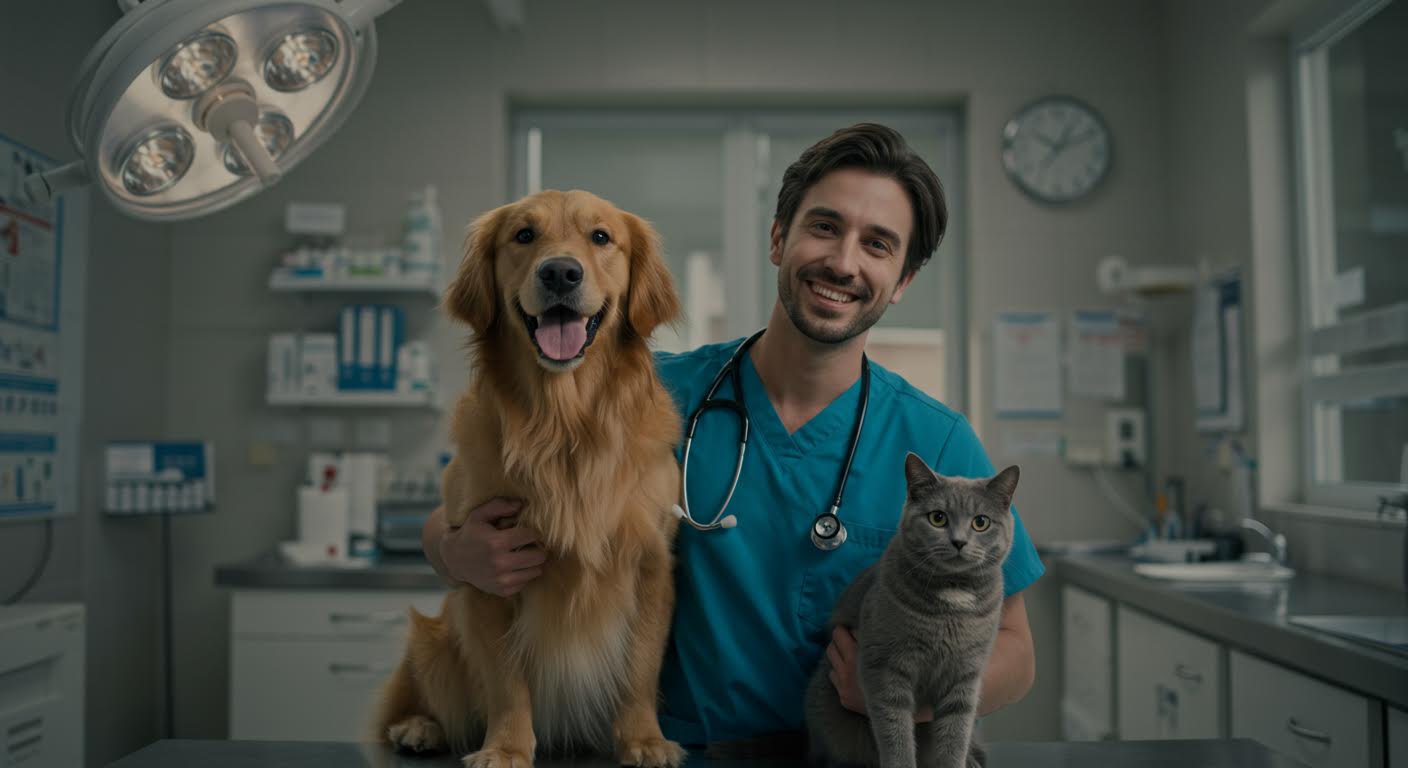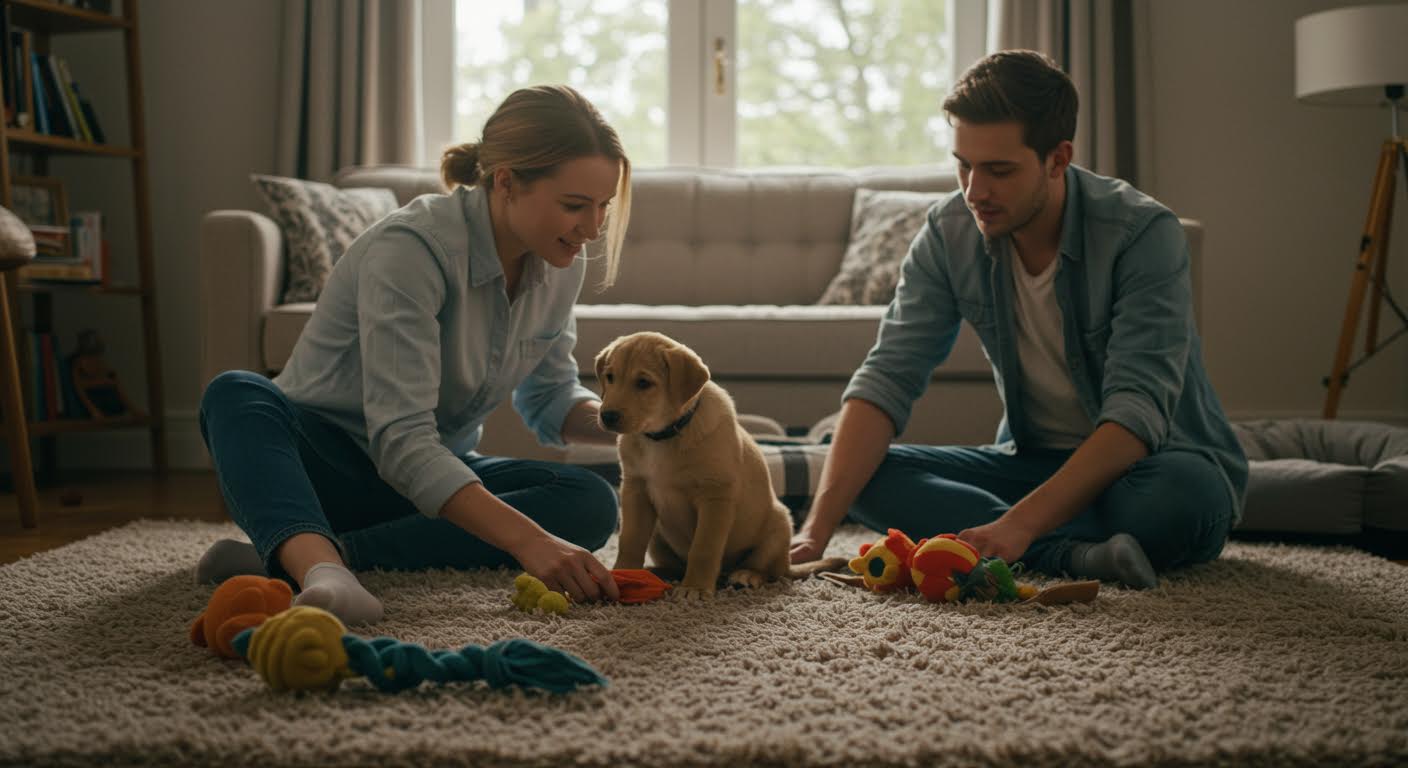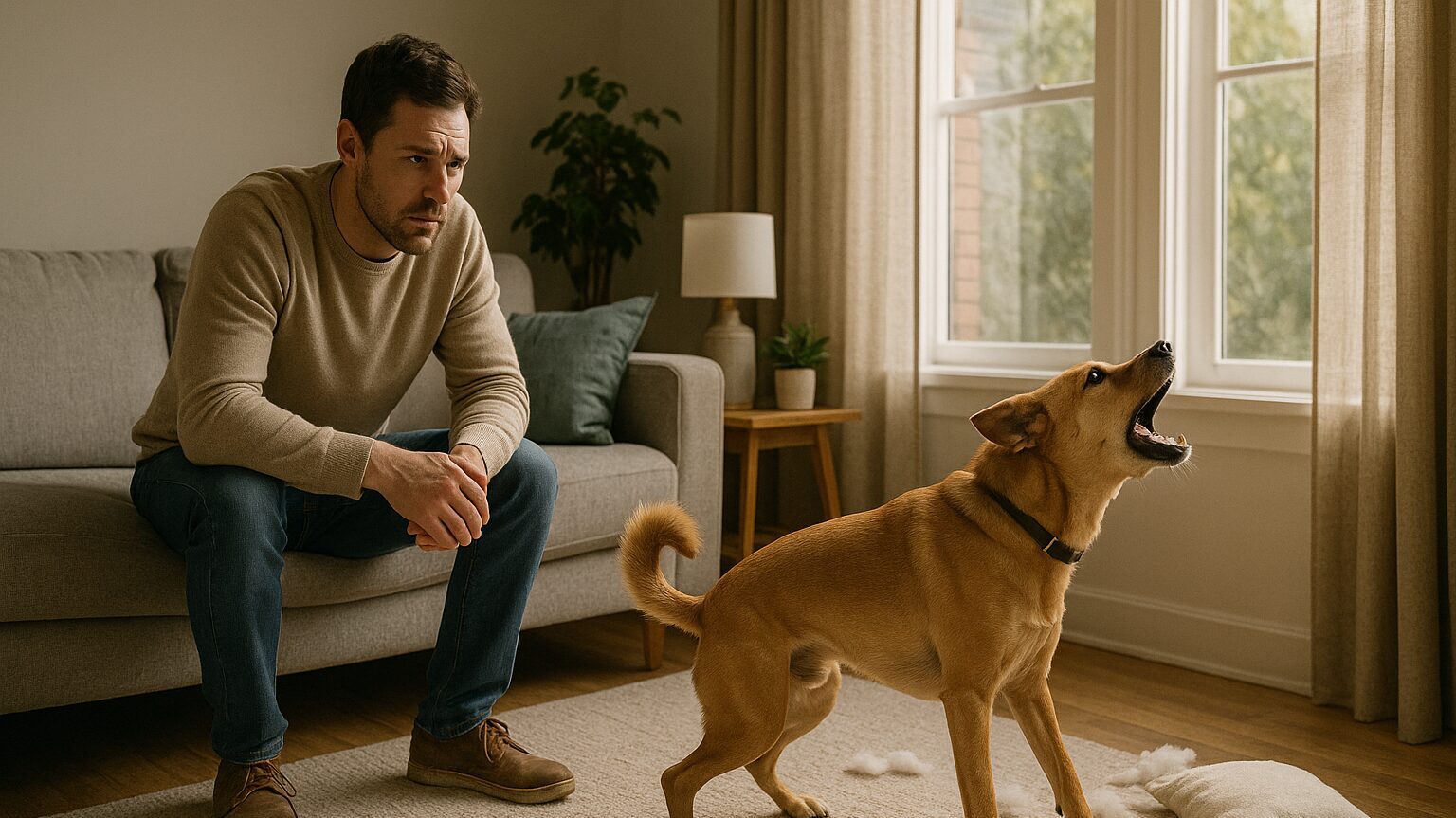20 things vets wish every pet owner knew
Table of Contents
Becoming a pet parent is one of the most rewarding experiences in life. Whether you’re welcoming a playful puppy, a curious kitten, or even a bearded dragon into your home, your role goes far beyond providing food and cuddles. Behind every wagging tail and purring nap lies an entire world of health, safety, and emotional well-being that many pet owners overlook.
Veterinarians spend years studying animal care, yet they often only see pets when something is wrong. That means many vital tips never make it to everyday owners. What if vets could share their most important advice directly with you before issues arise?
That’s exactly what this guide aims to do. Based on real veterinary insights, here are 20 essential things vets wish every pet owner knew. From the importance of insurance to why regular grooming matters, these lessons could save you stress, money, and even your pet’s life.
1. Insurance Is Worth Every Penny
Many owners delay pet insurance because it feels like an unnecessary expense. But accidents, chronic conditions, and emergencies can quickly add up to thousands of dollars.
“It’s heartbreaking when pets need urgent treatment but owners can’t afford it,” says Dr. Hannah Godfrey, a practicing veterinarian.
A good insurance policy ensures your pet can access advanced care without financial roadblocks. Always compare providers—look for plans that cover lifetime conditions, direct claims with your vet, and a broad range of treatments.
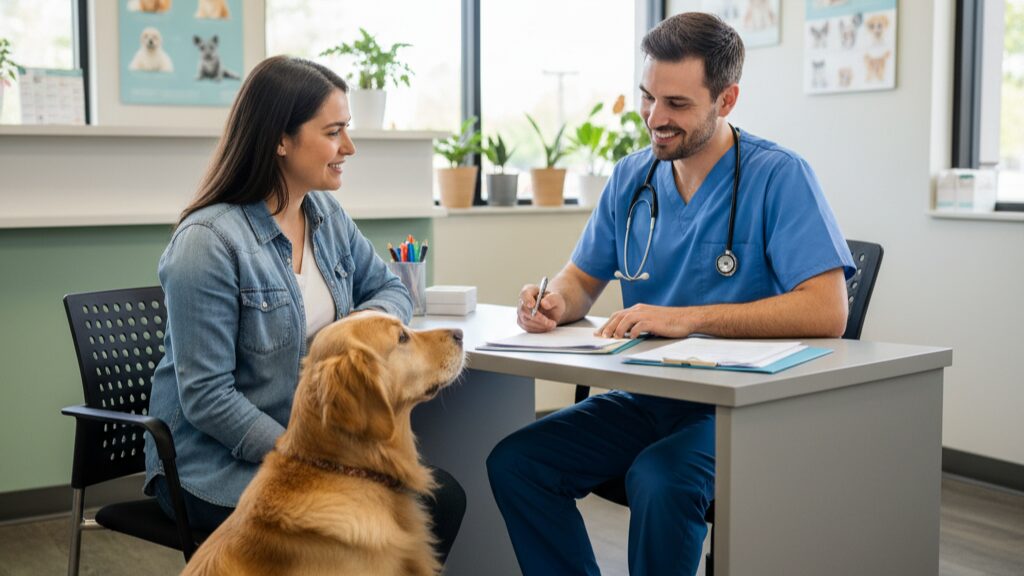
2. Don’t Walk Dogs in Extreme Temperatures
Exercise is vital for pets, but hot pavement in summer or icy sidewalks in winter can harm paws and overall health. If the ground feels uncomfortable to your touch, it’s too harsh for your dog.
Early morning or evening walks during summer and protective gear during winter make all the difference.
3. Don’t Delay Vet Visits
It’s natural to “wait and see” if your pet improves on their own. But delaying can make conditions harder—and sometimes impossible—to treat. Vomiting, breathing issues, or sudden lethargy require immediate attention.
4. Minimize Household Toxins
Pets are curious explorers. Common household items like chocolate, antifreeze, grapes, xylitol (in sugar-free gum), and even lilies are highly toxic. Store them securely, and learn which foods and plants are dangerous.
5. No Medication Is 100% Risk-Free
Just like humans, pets may react differently to drugs. Even approved veterinary medicines carry small risks. Always follow dosage instructions carefully and never use human medications unless prescribed.
6. Socializing Puppies Is Non-Negotiable
The first weeks of a puppy’s life shape their confidence. Dogs not exposed to people, noises, or other animals can develop lifelong anxiety. Safe, positive experiences early on create well-adjusted companions.

7. Supervise Teething Puppies
Chewing is natural for teething pups, but leaving them unsupervised can lead to dangerous situations—like gnawed electrical cords. Provide safe chew toys and rotate them often to keep puppies interested.
8. Vets Are Partners, Not Salespeople
Vets want your pet healthy, not to upsell unnecessary products. If they suggest treatments, it’s to provide the best possible care. Ask questions openly—most vets welcome discussion and want you involved in decision-making.
9. Learn Your Pet’s Unique Personality
Every pet has quirks. Spending time with them helps you notice when something is “off.” Knowing your pet’s normal habits—whether it’s eating, sleeping, or playing—makes it easier to catch illness early.
10. Vaccinations Save Lives
Diseases like parvovirus and feline leukemia are deadly but preventable. Vaccines remain essential, even when cases seem rare. The reason outbreaks are less common is because vaccination programs work.
11. Grooming Is About Health, Not Just Looks
Regular grooming prevents matting, skin infections, and discomfort. For long-haired breeds, brushing should be daily. Cats, dogs, rabbits, and even reptiles benefit from species-appropriate grooming routines.
12. Oral Care Is Critical
Dental disease is one of the most overlooked issues in pets. Brushing your cat or dog’s teeth daily prevents gum disease, bad breath, and painful infections. Dental bacteria can even harm the heart and kidneys.
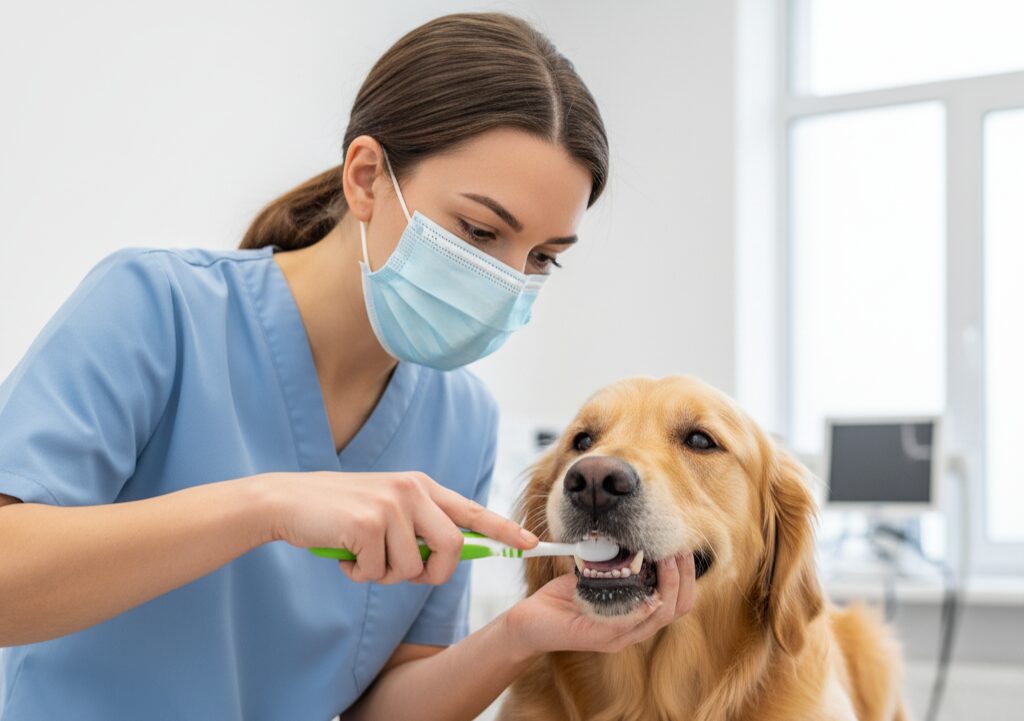
13. Don’t Hesitate to Call the Vet
Never second-guess whether your concern is “big enough.” Calling your vet for guidance can prevent emergencies. Keep their number, an emergency hospital contact, and a poison control hotline handy.
14. There Are No “Silly” Questions
Vets would rather explain things twice than have you leave confused. If you need a second opinion, most vets are happy to refer you—it shows you care about your pet’s well-being.
15. Research Before Getting a Pet
Impulse adoptions often lead to mismatched lifestyles. Consider size, lifespan, grooming needs, exercise requirements, and medical predispositions before choosing a pet. A little research prevents heartbreak later.
16. A Limp Is Never “Just a Limp”
Pets are masters of hiding pain. Limping indicates discomfort, even if your dog doesn’t cry out. Conditions like arthritis or injuries worsen if ignored. Always book a check-up.
17. Obesity Is a Silent Killer
Overweight pets face arthritis, diabetes, and shorter lifespans. Treats should make up no more than 10% of daily calories. Ask your vet for guidance on body condition scoring and portion sizes.
18. Communication Is Two-Way
Pets can’t talk, but they communicate through body language, tone, and behavior. Learn key signals, and use consistent words like “walk,” “sit,” or “food” to strengthen understanding.
19. Handle Pets Properly
Each species has handling rules. Cats dislike being gripped tightly, rabbits need full body support, and reptiles should be lifted with care. Mishandling can cause stress or injury.
20. Ask for Medical Records When Adopting
Shelters typically provide vaccination and treatment histories. Always request them—it ensures continuity of care and helps vets understand past health issues.
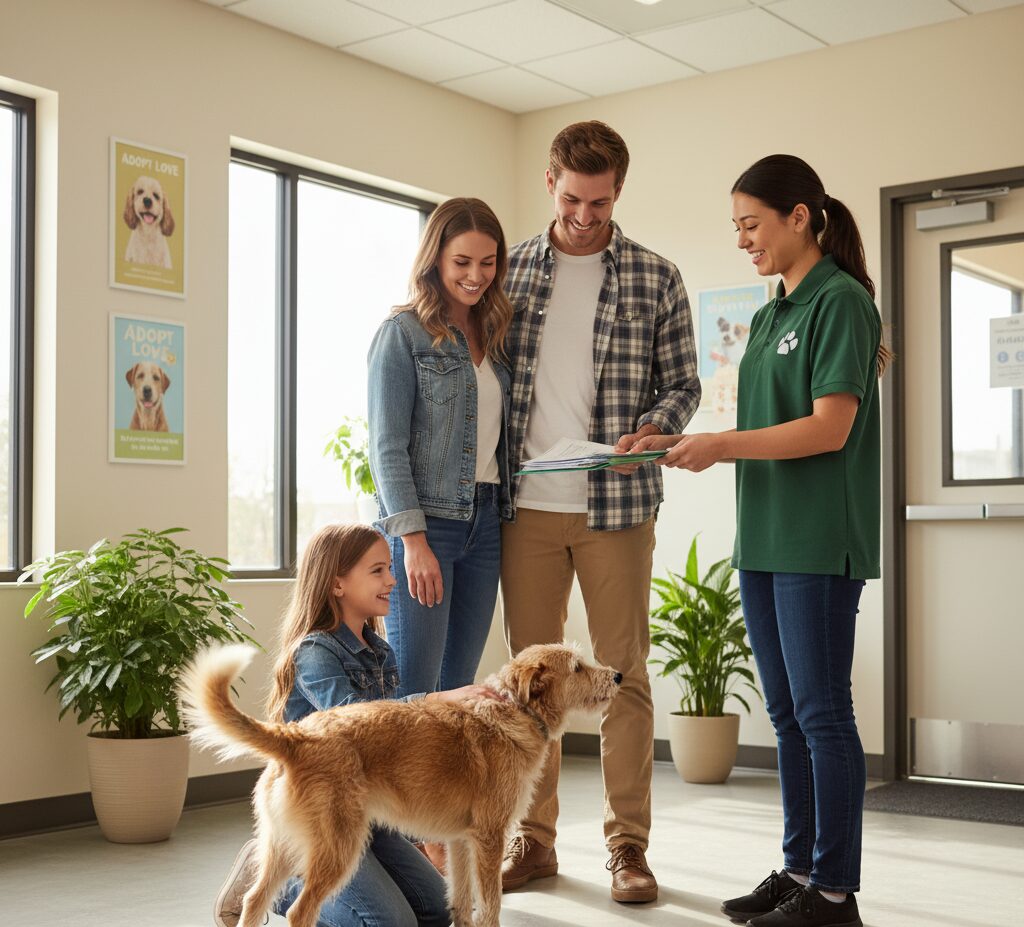
Conclusion
Owning a pet means taking responsibility for their physical and emotional well-being. Vets want you to succeed in this journey, but their advice often goes unheard until it’s too late.
By following these 20 tips, you’ll not only prevent common problems but also build a deeper bond with your furry, feathered, or scaled companion. Remember: prevention, awareness, and love are the keys to a happy, healthy life for your pet.

